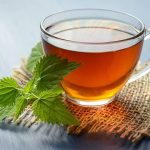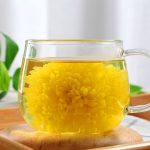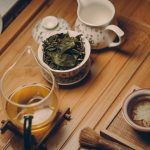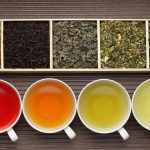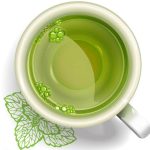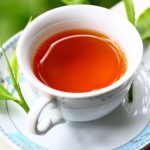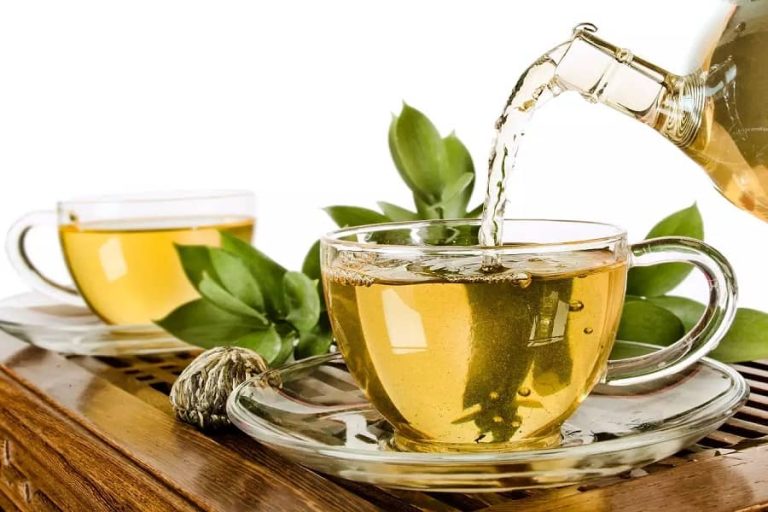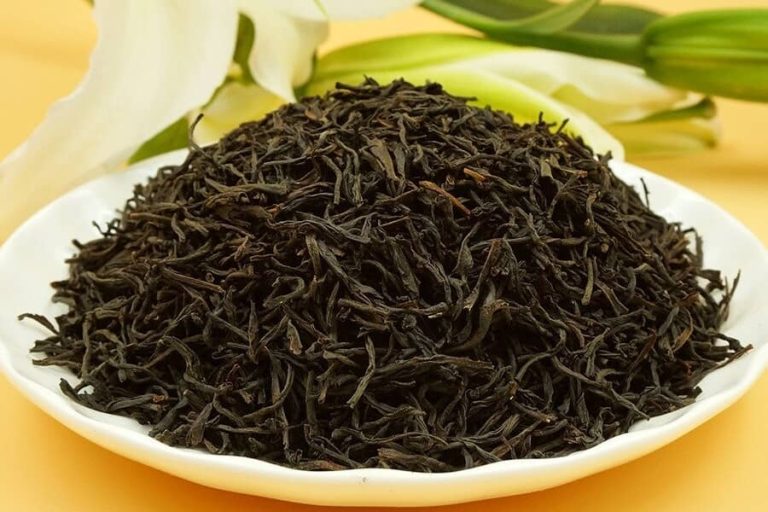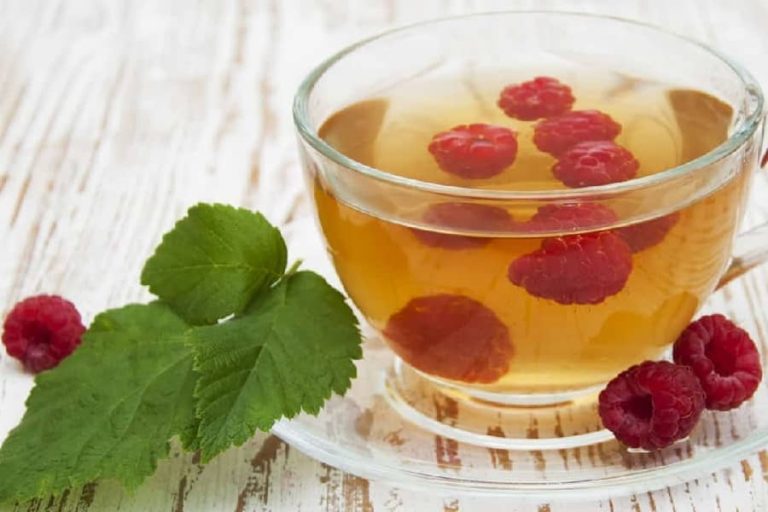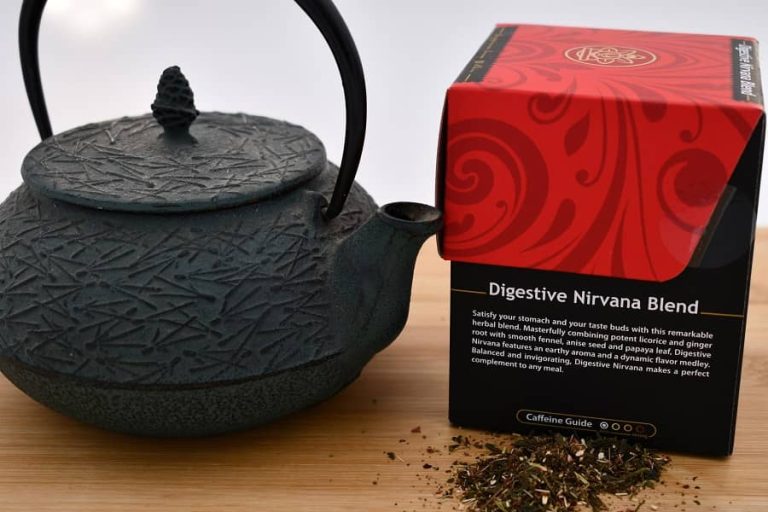Is Black Tea Good for High Blood Pressure?

High blood pressure, also known as hypertension, is a common health condition that affects a significant portion of the population. As people seek natural remedies to manage their blood pressure, black tea has gained attention for its potential health benefits. In this article, we will explore whether black tea can be beneficial for individuals with high blood pressure.
Understanding High Blood Pressure:
High blood pressure is a chronic condition characterized by elevated blood pressure in the arteries. It can result from various factors, including genetics, lifestyle choices, and underlying health conditions. If left uncontrolled, high blood pressure can lead to severe complications such as heart disease, stroke, and kidney problems.
Exploring the Components of Black Tea:
Black tea is a type of tea widely consumed around the world. It undergoes a fermentation process that distinguishes it from other types of tea. Black tea contains several components that are believed to contribute to its potential health benefits, including catechins, polyphenols, and flavonoids. These compounds have antioxidant properties and may play a role in supporting overall cardiovascular health.
Research on Black Tea and Blood Pressure:
Numerous scientific studies have investigated the effects of black tea consumption on blood pressure. Some studies have shown promising results, indicating that regular black tea consumption may help lower blood pressure levels. The antioxidants present in black tea have been suggested to improve endothelial function, promote vasodilation, and reduce inflammation, all of which can contribute to better blood pressure control.
Mechanisms of Action:
The specific mechanisms by which black tea influences blood pressure are still being studied. However, it is believed that the antioxidants in black tea can help protect against oxidative stress and reduce the damage caused by free radicals. Additionally, some components in black tea might assist in relaxing blood vessels, thereby improving blood flow and lowering blood pressure.
Other Potential Benefits of Black Tea:
Apart from its potential impact on blood pressure, black tea has been associated with various other health benefits. Regular consumption of black tea has been linked to improved heart health, reduced risk of cardiovascular disease, enhanced cognitive function, and even potential cancer prevention. While these benefits are not directly related to blood pressure, they contribute to an overall healthy lifestyle that can indirectly support blood pressure management.
Considerations and Precautions:
While black tea shows promise, it is important to approach its consumption with moderation and awareness. Individual responses to black tea may vary, and excessive intake could lead to adverse effects, particularly due to its caffeine content. Moreover, individuals with specific medical conditions or those taking medications should consult their healthcare professionals before making any significant changes to their diet or lifestyle.
Recommendations and Conclusion:
Based on the available evidence, incorporating moderate amounts of black tea into a balanced diet and lifestyle may have potential benefits for individuals with high blood pressure. However, it is essential to emphasize that black tea should not be considered a standalone treatment for hypertension. It is always advisable for individuals to work closely with healthcare professionals to develop a comprehensive approach to managing their blood pressure.
FAQ About Black Tea for High Blood Pressure:
Q1: Can black tea lower high blood pressure?
- While there is some evidence suggesting that regular black tea consumption may help lower blood pressure levels, it should not be considered a standalone treatment for hypertension. Black tea’s antioxidants and potential vasodilation properties may contribute to improved blood pressure control, but individuals should consult healthcare professionals for personalized advice.
Q2: How much black tea should I drink to see an effect on my blood pressure?
- The optimal amount of black tea consumption for blood pressure management is not yet established. However, moderate intake of around 2-3 cups per day is generally considered safe for most individuals. It is important to note that individual responses may vary, and it is always best to consult with a healthcare professional for personalized recommendations.
Q3: Are there any side effects of consuming black tea for high blood pressure?
- While black tea is generally safe for most people, excessive consumption can lead to side effects due to its caffeine content. These may include increased heart rate, insomnia, and jitteriness. Additionally, individuals with certain medical conditions or those taking medications should seek guidance from healthcare professionals before incorporating black tea into their routine.
Q4: Can black tea interact with blood pressure medications?
- Black tea may interact with certain blood pressure medications, such as beta-blockers. The caffeine content in black tea can potentially enhance the effects of these medications or interfere with their absorption. It is crucial to consult with a healthcare professional to understand any potential interactions and adjust medication dosages if necessary.
Q5: Are there any other lifestyle changes I should make along with drinking black tea for blood pressure management?
- Black tea should be seen as part of an overall healthy lifestyle. It is important to combine it with a balanced diet rich in fruits, vegetables, whole grains, and lean proteins. Regular exercise, stress management techniques, maintaining a healthy weight, and limiting sodium intake are also key factors in managing high blood pressure effectively.
Q6: Can I add sweeteners or milk to my black tea if I have high blood pressure?
- Adding excessive amounts of sugar or sweeteners to black tea can have negative impacts on blood pressure and overall health. Similarly, whole milk can add extra saturated fats. It is best to consume black tea without sweeteners or with minimal amounts of natural sweeteners like honey. Opting for low-fat milk or enjoying black tea without any additives is recommended.
Q7: Can decaffeinated black tea help with high blood pressure?
- Decaffeinated black tea contains significantly less caffeine compared to regular black tea. While it may still offer some health benefits, the potential impact on blood pressure may be reduced. However, decaffeinated black tea can be a suitable alternative for those sensitive to caffeine or looking to limit their caffeine intake.
Q8: Are there any other types of tea that are beneficial for high blood pressure?
- Besides black tea, other types of tea such as green tea, white tea, and herbal teas have also been studied for their potential health benefits. Green tea, in particular, is rich in antioxidants and has shown positive effects on blood pressure management. However, it is important to note that individual responses may vary, and further research is needed to establish conclusive evidence.
Q9: Can drinking black tea alone lower blood pressure without medication?
- Drinking black tea alone is unlikely to be sufficient for individuals with high blood pressure to manage their condition without medication. It is essential to work closely with healthcare professionals to develop a comprehensive approach that may include lifestyle changes, medication, and regular monitoring of blood pressure levels.
Q10: Is there anyone who should avoid black tea if they have high blood pressure?
- In general, moderate consumption of black tea is safe for most individuals with high blood pressure. However, individuals with specific medical conditions, such as cardiac arrhythmia or caffeine sensitivity, may need to limit or avoid black tea intake. It is crucial to consult with a healthcare professional for personalized advice based on individual circumstances.
conclusion:
while black tea shows promise in promoting cardiovascular health and potentially contributing to blood pressure control, further research is needed to establish conclusive evidence. Alongside a healthy diet, regular exercise, and appropriate medical care, black tea can be a part of a holistic approach to maintaining overall well-being.


